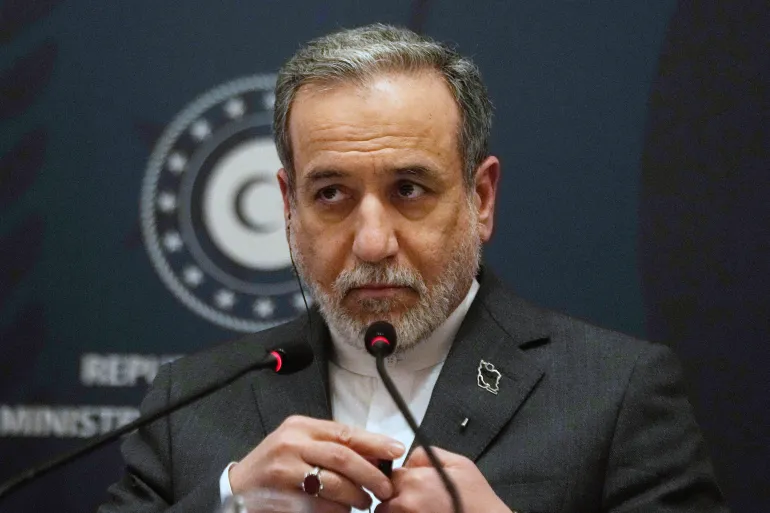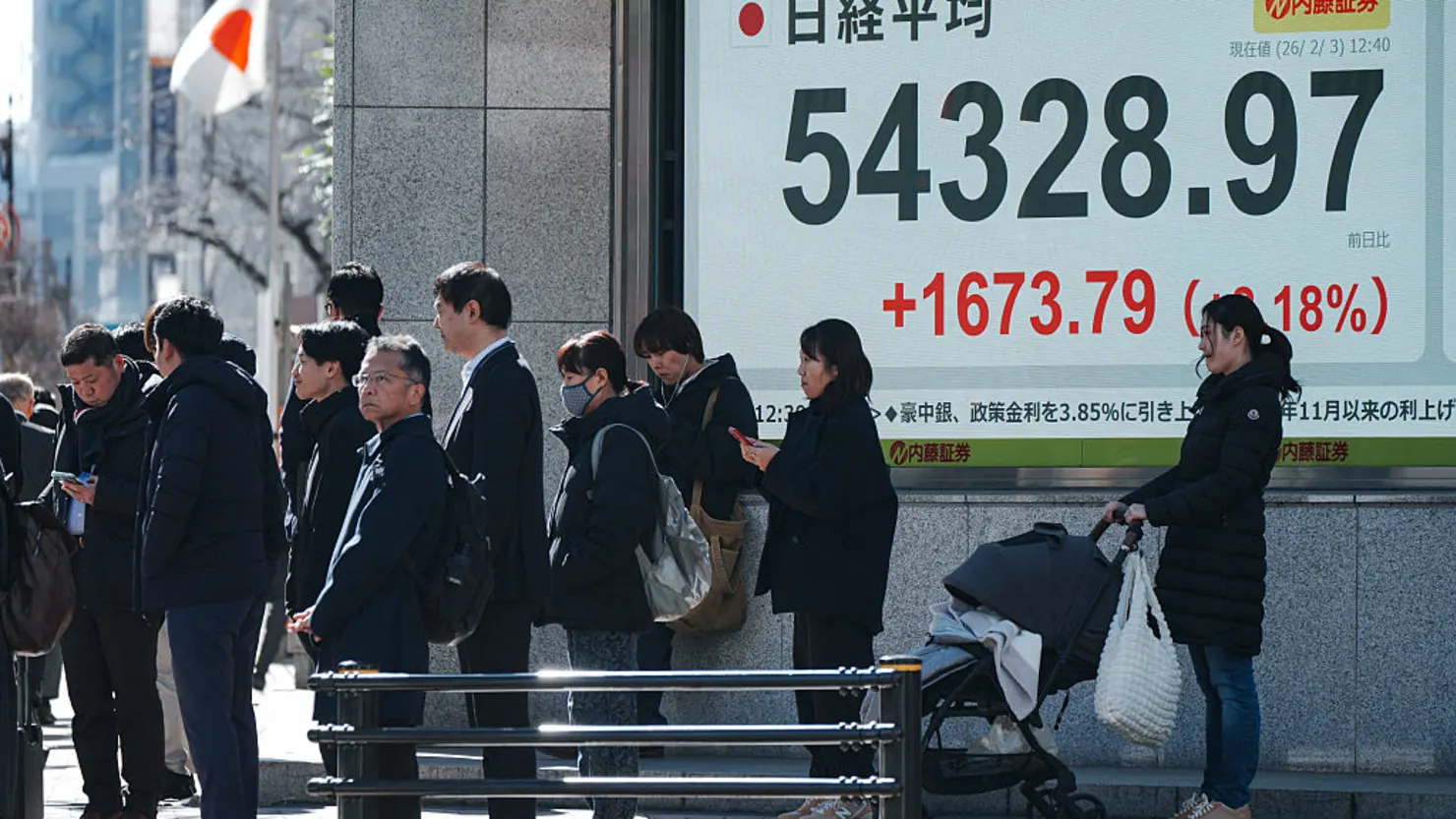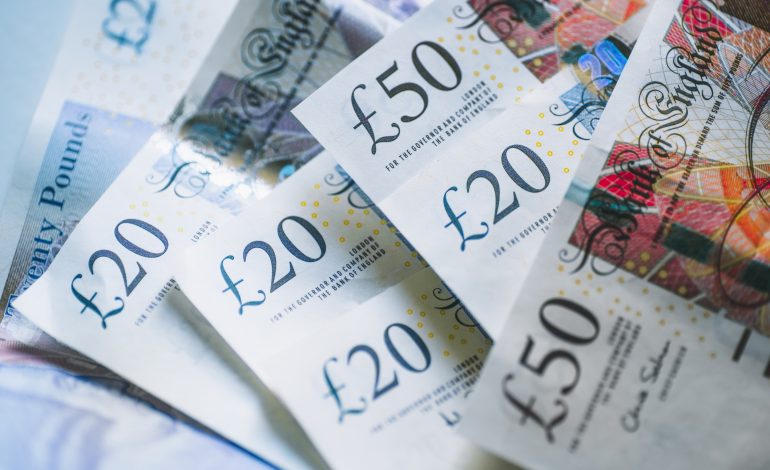The British pound briefly surged to its highest level against the US dollar in nearly four years on Thursday, as currency markets responded to growing uncertainty surrounding the future leadership of the US Federal Reserve, BBC reports.
Sterling rose above $1.37, its strongest level since October 2021, after reports surfaced that President Donald Trump is considering announcing a replacement for Federal Reserve Chair Jerome Powell ahead of the official end of Powell’s term in May 2026.
The Wall Street Journal reported that Trump may name a successor as early as September or October, a move that would be highly unusual and has raised concerns among investors about the independence of the US central bank. The dollar weakened in response, with some traders interpreting the development as a sign of potential political interference in monetary policy.
Trump has repeatedly criticized Powell in recent months over the Fed’s decision to hold interest rates steady in 2025. On Wednesday, he described the Fed chair as “terrible” and said he was considering “three or four” possible replacements. Speculation has since grown over possible candidates, including former Fed Governor Kevin Warsh and current Treasury Secretary Scott Bessent.
Financial analysts and economists say market participants are wary that any early announcement could signal the appointment of someone more aligned with the president’s economic preferences, which include support for lower interest rates. Such a shift could impact confidence in the Fed’s ability to act independently from political pressures.
“The market is pricing in President Trump appointing someone who at least at first sight appears more sympathetic to his cause,” said Kit Juckes, chief FX strategist at Societe Generale.
Kaspar Hense, a senior portfolio manager at RBC BlueBay Asset Management, added that traders were reacting to what they perceive as “an erosion of institutions,” contributing to the dollar’s decline.
The uncertainty comes as the US economy shows signs of strain. The latest data from the Commerce Department showed that gross domestic product contracted in the first quarter — the first such decline in three years — due to falling government spending and a surge in imports as companies sought to get ahead of incoming tariffs.
Trump’s proposed tariffs, which could take effect next month, have also been flagged by the Federal Reserve as a possible driver of inflation. Fed officials, including Powell, have indicated they are adopting a “wait-and-see” approach to assessing their impact.
Meanwhile, investors remain cautious. JPMorgan recently lowered its forecast for a US recession this year but maintained the probability at 40%, citing continued economic uncertainty.
Academics and market watchers emphasize that confidence in the Fed’s independence is essential to maintaining investor trust in US financial stability and inflation control. If that confidence wavers, it could lead to higher borrowing costs as lenders demand greater returns to offset perceived risks.










The latest news in your social feeds
Subscribe to our social media platforms to stay tuned